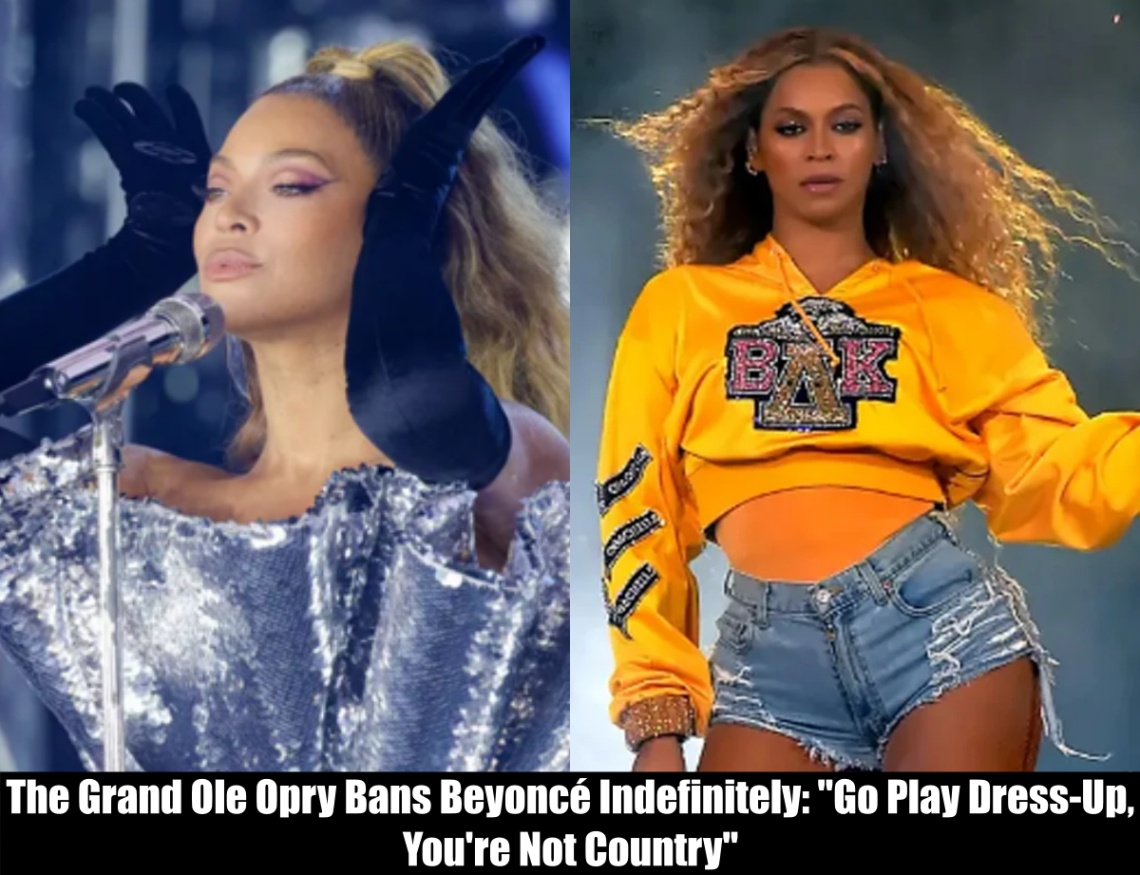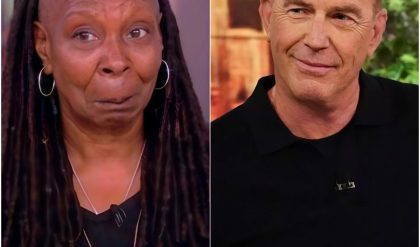In a stunning turn of events, the legendary Grand Ole Opry has indefinitely banned global superstar Beyoncé from its iconic stage. This decision comes amidst controversy and debate over what truly defines country music. The Opry’s statement, which included the pointed remark “Go play dress-up, you’re not country,” has ignited a firestorm of reactions from fans and critics alike.

The ban follows Beyoncé’s previous performance at the Opry, where she incorporated country elements into her music, sparking mixed reactions. While some applauded her for blending genres and celebrating country music, others felt it strayed too far from the genre’s traditional roots. The Opry’s decision to ban her indefinitely signals a firm stance on maintaining the integrity and authenticity of country music.
This move has raised questions about inclusivity and genre boundaries within the music industry. Beyoncé, known for her versatility and ability to transcend musical genres, has always pushed creative limits. Her inclusion of country influences in her work was seen by many as a celebration of the genre’s rich history. However, the Opry’s response suggests a desire to preserve a more traditional understanding of country music.
The Grand Ole Opry, a revered institution in country music, has long been considered a sacred space for the genre’s artists. Its decision to ban one of the world’s biggest stars is unprecedented and underscores the ongoing tension between modern interpretations of country music and its traditional roots.
As the controversy continues to unfold, fans and industry insiders are left debating the implications of this ban. Will it set a precedent for future decisions on genre boundaries, or will it spark a broader conversation about inclusivity in country music? Only time will tell, but one thing is certain: the Grand Ole Opry’s ban on Beyoncé has made waves in the music world.





